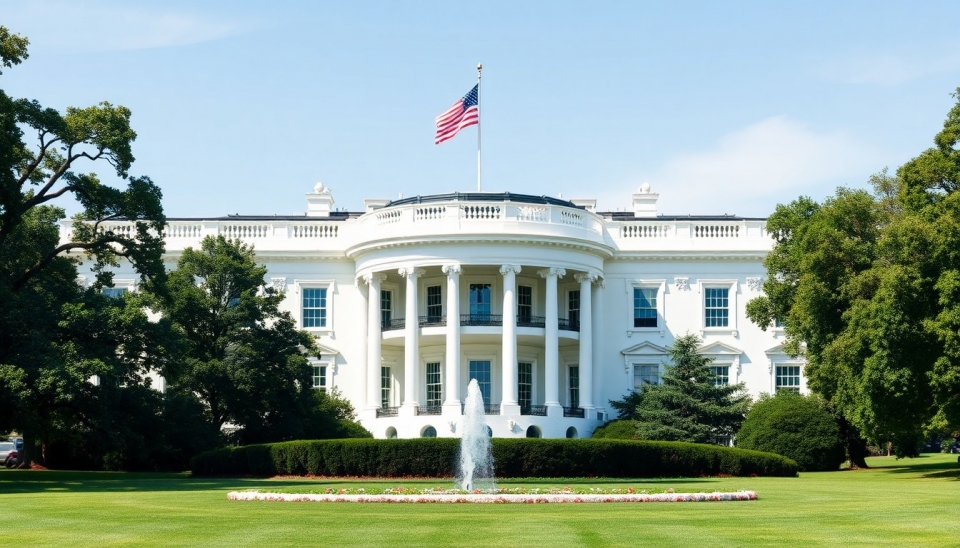
Australian regulators have taken steps to actively collaborate with banks for the close monitoring and understanding of AI's adoption and application within the financial sector. It is against a backdrop of growing unease over the ethical and security implications of AI technologies that have increasingly disrupted financial services globally.
By deciding to work in unison with the banks, this decision means a concentrated effort by regulators to make sure AI developments are tapped into for the benefit of consumers while reducing possible risks. The initiative places particular concentration on fighting issues such as financial fraud, data breaches, and algorithmic bias that may come with unregulated AI deployment.
According to people who have been briefed on the talks, APRA and the ASIC have been holding strategic talks with the heads of major banks on how this could be done. The aim of the talks is to establish a sound system that guides the secure inclusion of AI in banking practices so as to protect the integrity, transparency, and accountability of AI applications.
"It is important that not only do we embrace innovative technologies but also ensure a strong regulatory setting to support financial stability as well as customer protection." APRA further noted that the balance required between innovation and regulation was in order "to avoid unintended consequences of eroding trust in the financial system.".
One of the major foci of attention is the elaboration of recommendations on AI ethics and governance. In other words, setting the standards of how data can be used and creating procedures that would assure fairness, nondiscrimination, and transparency in AI-driven decisions. Banks are supposed to apply such recommendations when they begin using AI in customer service and within fraud detection and risk management processes.
Second, it will analyze the resilience of those AI systems against cyberattacks and other forms of security breaches. The more AI is integrated into banking systems, the more robustness there is to counter such malicious activities. Regulators and banks work in developing measures that can neuter those threats with efficiency and at an initial point where those cannot be executed at all.
One of the integral intents of this initiative also involves continuous monitoring and periodical reevaluations of AI technologies deployed by banks. It shall serve to identify emergent risks, hence allowing timely updates of the regulatory framework so that it remains relevant and effective with regard to the fast pace of technological changes.
It is a move largely welcomed by the industry, which considers this a natural step in the rapid evolution of AI tools in finance. "Regulatory oversight is indispensable for fostering innovation in a responsible way," commented one banking analyst. "Regulators and banks can work together to establish an environment where AI can continue to flourish and bring important benefits while not sacrificing security and ethical standards."
Overall, the move by regulators signals Australia's dedication to developing a secure and responsible AI ecosystem within the financial universe. The resultant framework will arguably become a model for other sectors and nations on similar journeys, as the conversation by regulators with financial institutions deepens.
This is the major development milestone for AI and human oversight integration into finance so that technology developments don't outpace mechanisms designed to protect consumers and financial stability.
Watch for continuing updates on how such initiatives unfold and, importantly, what this will mean for the banking industry and customer experiences.
#ArtificialIntelligence #Banking #Australia #Regulations #FinancialSector #AIAdoption #Technology #APRA #ASIC #AIethics #DataProtection
Author: Liam Carter




